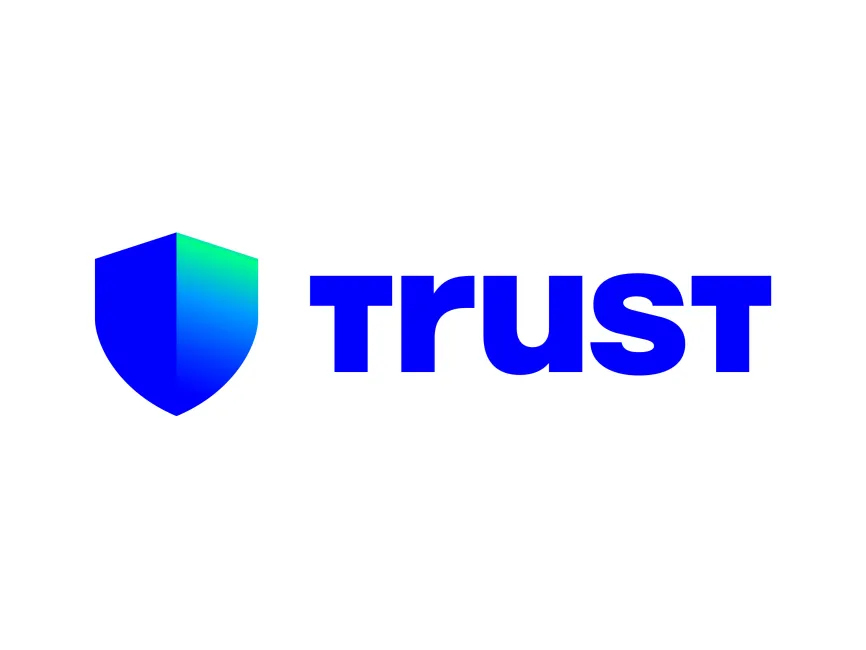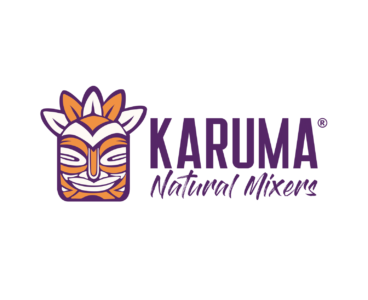So, I was fiddling with a few crypto wallets the other day, and something felt off about most of them. Seriously? Most wallets either feel clunky or overly complex. But then, Trust Wallet popped up on my radar again—yeah, that one—and I got curious about what makes it tick beyond the usual hype.
Here’s the thing: managing crypto safely isn’t just about locking down your private keys, though that’s obviously crucial. The ecosystem’s changing fast, with DeFi protocols and dApps becoming way more mainstream. Wallets that let you stake crypto, browse decentralized apps, and keep your assets secure? That’s the sweet spot.
Initially, I thought any wallet claiming security would do the trick. But after digging deeper, I realized that features like a built-in dApp browser and staking options aren’t just conveniences—they’re game-changers. Oh, and by the way, not many wallets nail the mobile experience as well as Trust Wallet does.
Wow! The mobile aspect is huge. Most people just want to tap into crypto on the go without fussing over complicated setups. Trust Wallet’s interface feels intuitive, which surprised me given its robust functionality. It’s like someone finally got that crypto users want both power and simplicity.
Still, there’s more under the hood than just ease of use.
Security first—no question. Trust Wallet keeps your private keys on your device, not on centralized servers, which is very very important. This means you’re not trusting some third party with your assets. My instinct said, “That’s how it should be,” but it’s worth emphasizing because many apps don’t do this. Plus, the wallet supports biometric locks—fingerprint or face recognition—adding a neat extra layer.
Now, about that dApp browser. Not all wallets come with a native way to explore decentralized apps, so you often end up juggling multiple platforms. Trust Wallet bundles it right in, allowing you to interact with various DeFi protocols, NFT marketplaces, and games without leaving the app. This integration feels seamless, though actually, wait—let me rephrase that—it’s more than just seamless; it’s empowering. You get instant access to the broader crypto universe, which can be overwhelming but also exciting.
Something else I found pretty cool: staking crypto directly through the wallet. Instead of moving assets around to some exchange or third-party service, you can stake supported coins right there. This cuts down on risks and fees. On one hand, staking can be intimidating for newbies, though actually, Trust Wallet’s simple UI helps flatten that learning curve.
Check this out—staking isn’t just about earning passive income; it’s also about participating in network security and governance, depending on the blockchain. So, having that option built in feels like a nod to users who want to be more involved without diving into technical weeds.

Okay, so here’s where my personal bias kicks in: I’m a bit wary of wallets that try to do everything, ending up mediocre at core functions. But Trust Wallet manages to keep its core strong—security and simplicity—while layering in advanced features. That balance is rare.
Still, nothing’s perfect. One thing that bugs me is the occasional lag when switching between high-traffic dApps inside the browser. I’m not sure if that’s the app or the dApps themselves, but it’s a minor annoyance worth noting. Also, while the wallet supports tons of tokens, some very niche coins aren’t yet compatible, which can be a downside if you’re a collector of obscure altcoins.
If you’re thinking about diving in, I’d recommend getting the official version to avoid scams. You can find a trustworthy source for trust wallet download that’s safe and reliable—do yourself that favor.
Here’s another angle—using Trust Wallet in the US means you’re likely dealing with a broad range of crypto projects, many of which have mobile-friendly dApps designed for wallets like this. It’s like having a Swiss Army knife in your phone, ready for everything from DeFi lending to NFT minting, and even crypto gaming.
What’s really fascinating is how this wallet empowers users to control their own assets without sacrificing convenience. For example, some wallets store keys on hardware devices only, which is secure but not exactly practical for daily use. Trust Wallet strikes a middle ground: your keys stay on your phone, accessible yet protected.
Hmm… I wonder if this middle path is the future of crypto wallets, especially as mobile continues to dominate. It’s definitely a space to watch.
And, you know, for those concerned about privacy, Trust Wallet doesn’t require personal info during setup—no KYC headaches. That’s refreshing in a world where privacy feels like a luxury. Though I’d be lying if I said that’s enough for hardcore privacy advocates who want full-on anonymity.
Still, for everyday users who just want to stake crypto, access dApps, and keep their holdings safe without jumping through hoops, this wallet nails it.
To sum up (but not really sum up, because this stuff’s always evolving), Trust Wallet offers a solid blend of security, user-friendly features, and that sweet spot of crypto utility. It’s not perfect, but it’s very very close for mobile users.
And if you’re ready to experience it yourself, the easiest way is to get the official trust wallet download. Seriously, it’s worth exploring firsthand—there’s no substitute for that gut feeling when you see how smooth it runs.
Frequently Asked Questions
Is Trust Wallet really secure for storing crypto?
Yes, it stores your private keys locally on your device, which means you retain full control. Plus, it supports biometric authentication for added security.
Can I stake cryptocurrencies directly through Trust Wallet?
Absolutely. The wallet supports staking for several coins, letting you earn rewards without needing external platforms.
Does Trust Wallet have a built-in browser for dApps?
Yes, it includes a native dApp browser, enabling users to interact with decentralized applications right inside the app.
Where can I safely download Trust Wallet?
The safest way is through the official trust wallet download page to avoid scams and fake apps.












